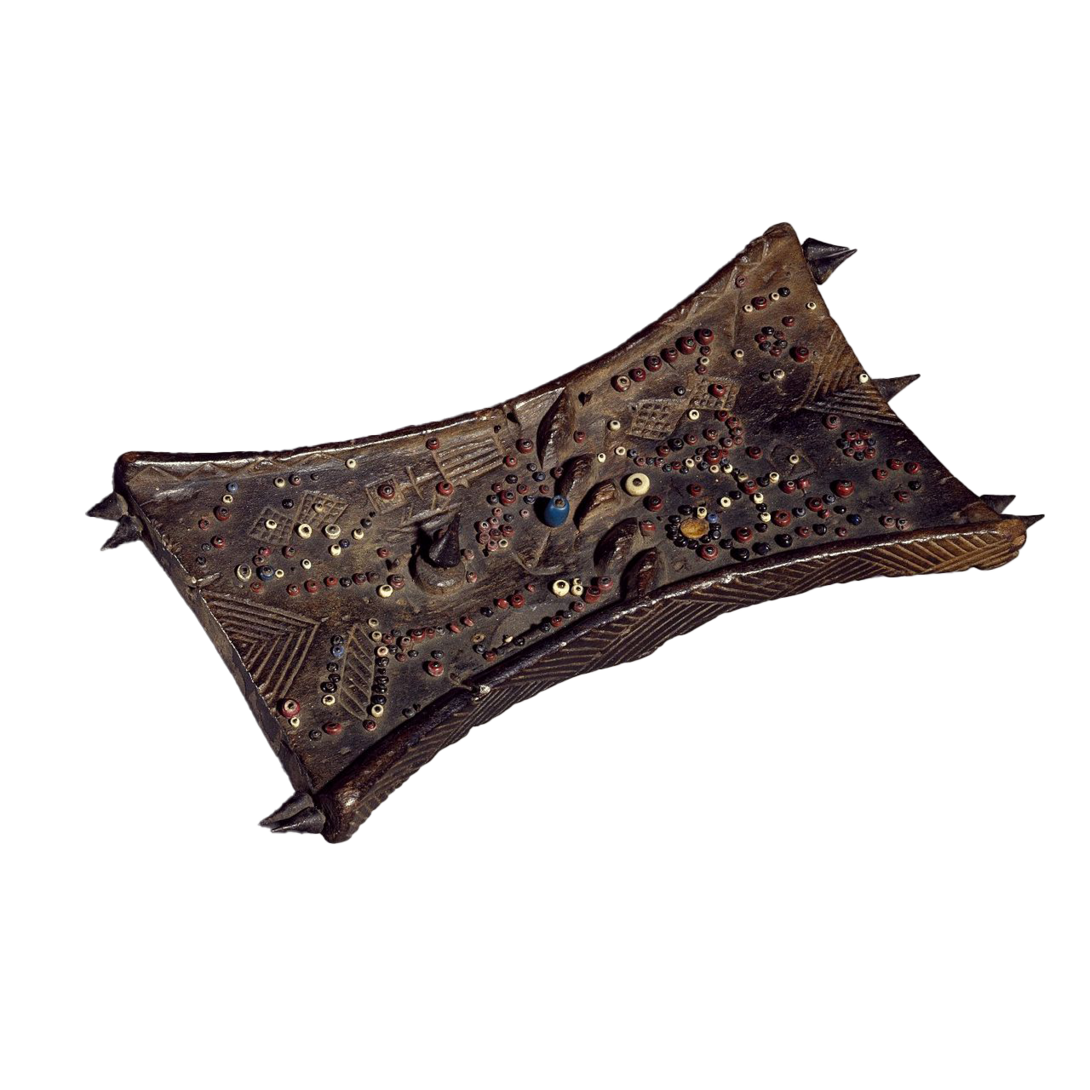PJ Dick Innovation Fund Teaching Grant: Unreasonable Architecture

Unreasonable Architecture
Tuliza Sindi, Ann Kalla Visiting Professor in Architecture, Carnegie Mellon Architecture
In collaboration with: Dr. Lwazi Lushaba, Politics Department Postgraduate Committee, political studies, University of Cape Town (co-instructor); Dr. Brenna Bhandar, Director of Research, law professor, SOAS University of London (co-instructor); Dr. Lyla June, human ecology and indigenous pedagogy, Dream Warriors (co-instructor); Meryem-Bahia Arfaoui, Filmmaker, geopolitics and chronopolitics (co-instructor). Where coordination of schedules will be challenging, practitioners and thinkers of equal stature will substitute the proposed.
Beginning Fall 2024 (recurring annually) | 10 students (onsite) with global audience through online access
U.S. architect and critic Justin Shubow’s 2015 article, “Architecture Continues to Implode: More Insiders Admit the Profession is Failing,” makes a strong case for why the architecture profession could be heading toward an impending doom. Shubow highlights the hubris of architects, and their detachment from and disdain for society as some of the profession’s threats and suggests that the most concerning threat to the profession is not what can replace us, but rather, the profession’s inability to entertain predictions of its demise as a plausible outcome.
Modern architectural practice is continually losing agency in the trajectory, definition and application of spatial meaning and practice because its ideological framework has been less about the production of space and more about the production of property (or currency) and unjust power frameworks alongside the economics, law, geopolitics, philosophy and sociology disciplines (in part, due to its messy ongoing enmeshment with colonialism, capitalism and industrialism).
This hybrid model course aims to temporarily retire the knowledge system of modern spatial practice to introduce a more expanded knowledge framework that includes indigenous systems and technologies through transdisciplinary methods. An array of practitioners across varying disciplines will derive methodologies that can equip future spatial practitioners on how to suspend speculating spatially from captive grounds (or captive meanings, practices and knowledges), to derive futures that can offset current crises-laden spatial inevitabilities that breed and exacerbate social and spatial injustice for all living beings and ecosystems.
The course will be made available online. Annual workshops, seminars, publications and projects will be galvanized around its contents, and those outputs will be situated in a larger body of ongoing research around the course’s themes and ambitions of deriving urgent, new, restorative and just methods and modes of spatial practice. The course will act as a supplementary course that any studio can plug into and use as a resource pool for spatial theorization and practice derivation.
Image Credit: Lukasa memory board. Source: Wikipedia
About the Instructor
Curator for Public Programs and Director of Publications & Special Faculty
-
Carnegie Mellon Architecture is committed to the mission-defining challenges of climate change, social justice and artificial intelligence. The PJ Dick Teaching Grants Program recognizes that the future of architecture and its related industries start with the education of the profession’s next generation of practitioners through innovative pedagogies. The teaching grants are focused on supporting changes to existing courses and development of new courses that focus on the three challenges.
-
The Faculty Grants Program will award a total of $400,000 over four years and is open to all full time faculty at the school. The 2024 proposals were evaluated by a committee comprised of school head Omar Khan; associate heads Joshua Bard, Mary-Lou Arscott and Kai Gutschow; Erica Cochran Hameen, Director of Diversity, Equity and Inclusion; Theodossis Issaias, Special Faculty; Jenn Joy Wilson, Assistant Dean for Research Development and Sponsored Projects; and Aaron Martin, Associate Director, Institutional Partnerships, College of Fine Arts.
The Faculty Grants Program, established in 2023 by PJ Dick Trumbull Lindy Group, supports faculty research and teaching innovations that address the school’s three pedagogical challenges: climate change, social justice and artificial intelligence. The proposals were assessed on their impact in furthering a faculty member’s research and teaching, their contribution to interrogating the school’s challenges, and their viability to garner further research support, make an impact on the discipline and expand the pedagogy of the school.
